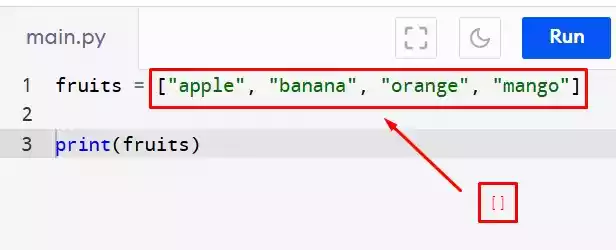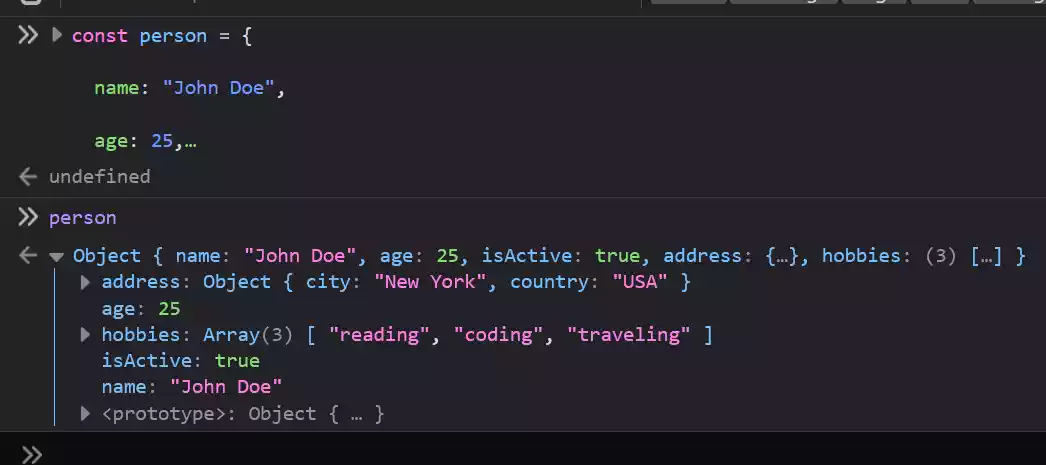What Version of GPT Is ChatGPT Using?
ChatGPT, developed by OpenAI, is an advanced chatbot designed to provide detailed and knowledgeable responses across various subjects.
It was introduced as a prototype on November 30, 2022, has quickly gained popularity for its conversational abilities.
ChatGPT uses the GPT-3.5 model and has recently been updated to incorporate the latest GPT model, GPT-4.
Read on: Difference between GPT-1, GPT-2, GPT-3/3.5 and GPT-4
What Version of GPT Is ChatGPT Using?
GPT-3.5 and ChatGPT
ChatGPT originally utilized the GPT-3.5 model, which enabled it to generate coherent and convincing text-based responses. With the help of extensive training on a vast dataset from the internet, GPT-3.5 mastered patterns, grammar, and context.
The Evolution: GPT-4
The latest model incorporated into ChatGPT is GPT-4, a multimodal version of the GPT model. In addition to text and code, GPT-4 can process images, expanding its capabilities and making interactions more dynamic.
With an estimated 100 trillion parameters, GPT-4 represents a significant advancement in language modeling, surpassing its predecessors in power and capabilities.
Conversational Capabilities
ChatGPT is designed to respond to user inputs in a conversational way, creating an experience that feels like interacting with a real person. Its ability to understand context and provide relevant responses enhances the quality of interactions.
The Power of Contextual Understanding
GPT-3.5’s strength lies in its contextual understanding. It can analyze previous parts of a conversation and generate coherent and meaningful responses. This contextual awareness contributes to a more natural and engaging chatbot experience.
Limitations and Critical Thinking
While ChatGPT strives to provide accurate responses, it is important to remember that it is an AI model and may occasionally produce incorrect or nonsensical answers.
Users should exercise critical thinking and verify information from reliable sources.
Safety Measures and User Feedback
OpenAI has implemented content filters to minimize inappropriate or harmful outputs from ChatGPT.
Still, these filters may not catch every issue, and user feedback is essential for improving the system’s safety measures.
OpenAI’s Commitment to Improvement
OpenAI is dedicated to ongoing research and development to enhance the capabilities and safety of models like GPT-3.5 and ChatGPT.
User feedback and real-world usage play a crucial role in identifying areas for refinement and enhancement.
Responsible Use of ChatGPT
To ensure responsible and ethical use of ChatGPT, OpenAI provides guidelines to users. It is essential to be mindful of biases, misinformation, and potential harm that can arise from the misuse of AI-generated content.
Developer APIs: ChatGPT and Whisper
OpenAI offers the ChatGPT and Whisper model APIs for software developers. These APIs enable developers to integrate AI-powered language processing and speech-to-text capabilities into their own applications, providing enhanced functionality.
Pricing and Cost-Effectiveness
The ChatGPT API, which utilizes the GPT-3.5-turbo model, offers pricing at $0.002 per 1000 tokens. This pricing structure provides a cost-effective solution for developers compared to using the GPT-3.5 models directly.

Conclusion
ChatGPT, powered by GPT-3.5 and GPT-4, revolutionizes conversational AI. Its ability to understand context and provide meaningful responses enhances user experiences. Responsible use and continuous improvement are paramount for ensuring the safe and effective utilization of AI technologies.
FAQs
-
Can ChatGPT understand multiple languages?
Yes, ChatGPT has the ability to understand and generate text in multiple languages. However, its proficiency may vary depending on the language and the amount of training data available for that specific language.
-
How does ChatGPT handle sensitive or personal information?
ChatGPT is designed to respect user privacy and does not store any personal information. Conversations with ChatGPT are generally treated as transient and not associated with specific users. However, it’s always important to avoid sharing sensitive or personal information when interacting with any AI model.
-
Are there any usage restrictions on the ChatGPT API?
OpenAI provides guidelines for the responsible use of the ChatGPT API. While there are no explicit usage restrictions, it is important to adhere to ethical guidelines and ensure that the API is used in a manner that respects the rights and privacy of individuals.
-
Can developers customize the ChatGPT model to suit their needs?
Yes, developers have the flexibility to customize the ChatGPT model to better align with their specific use cases and requirements. This allows developers to fine-tune the model or integrate it into their applications in a way that best serves their intended purpose.
-
What are some alternative AI models available for developers?
In addition to ChatGPT, OpenAI offers the Whisper model API, which provides speech-to-text capabilities. Developers can leverage these APIs to incorporate AI-powered language processing and speech recognition into their applications.
Furthermore, there are other AI models and frameworks available from various organizations and research institutions that cater to different use cases and requirements.





